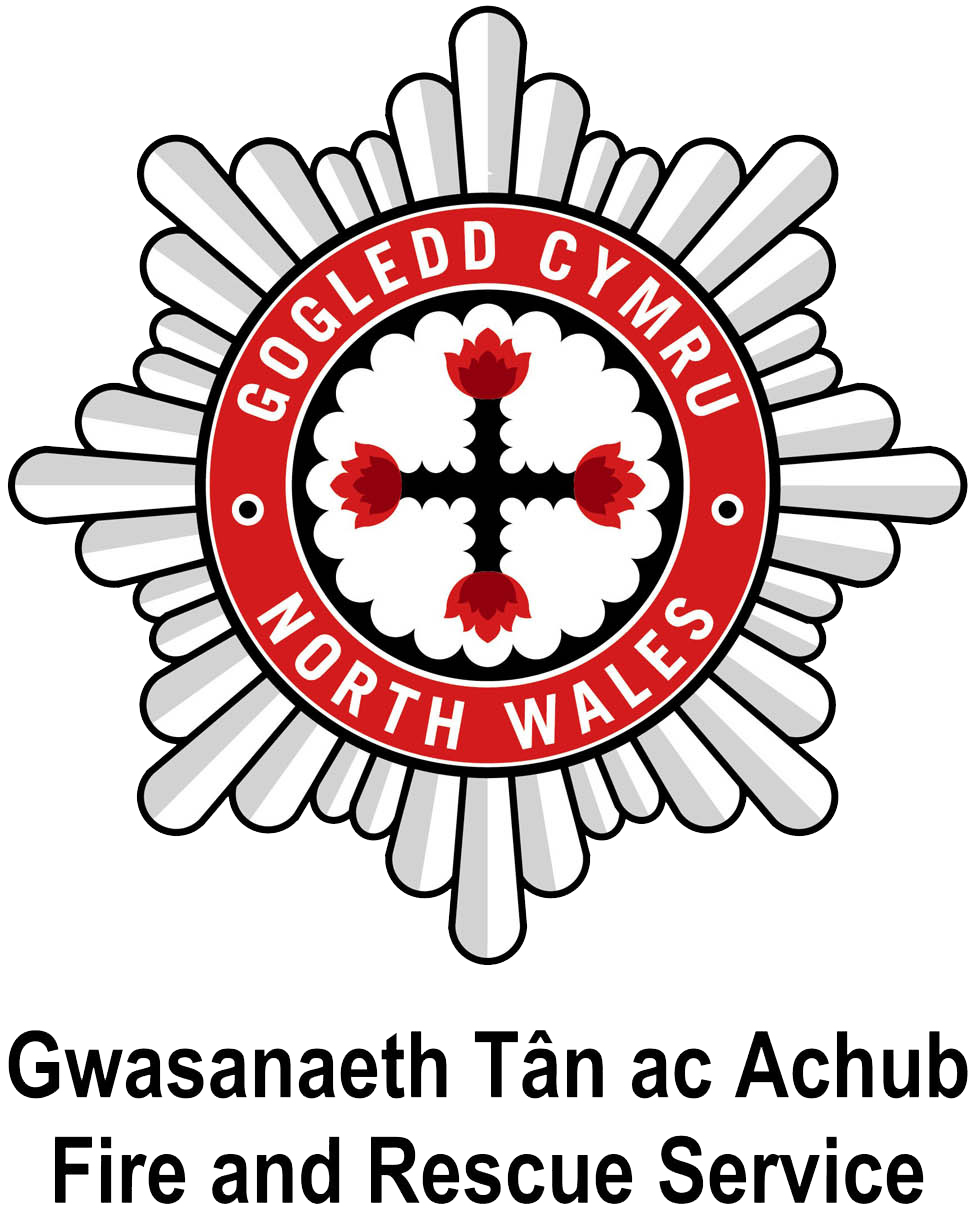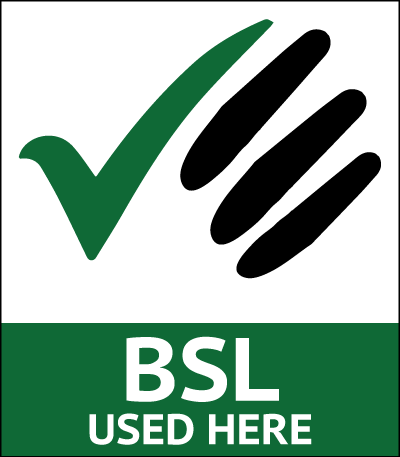Chinese New Year
Chinese New Year
Chinese New Year is the first day of the New Year in the Chinese lunisolar calendar (Chinese traditional calendar). It is also known as the Lunar New Year or the Spring Festival. The first day of the festival begins on the New Moon sometime each year between January 21st and February 20th. The holiday/festival lasts 16 days from New Year’s Eve to the 15th day of the New Year which also happens to be the Lantern Festival.
Lunisolar vs Gregorian Calendar
The lunisolar calendar uses the location of the sun and the moon relative to the earth to determine dates on the calendar. The Gregorian calendar, which is the most widely used calendar in the world today uses the location of the sun relative to the earth to determine the dates on the calendar.
Around World
Many countries around the world that have ethnic Chinese people celebrate Chinese New Year including America, Canada, many European countries, India, Pakistan, Indonesia, Singapore, Malaysia, Thailand, Philippine’s and more. Many of the local communities around the world are called Chinatown like in San Francisco, Los Angeles, and Sydney.
For many it’s a time to celebrate the end of an old year and the beginning of a new one, at home cooking a special meal for family and friends. With people spending more time at home - cooking while entertaining or relaxing with family or friends, the risk of fire increases. People are more likely to be distracted during this time of year and therefore more vulnerable to fire.
However you plan to celebrate Chinese New Year, North Wales Fire & Rescue Service want you to enjoy the festivities safely we have put together some advice on how to celebrate safely.
Cooking
- More than half of all the fires we attend start in the kitchen, so if you are planning a meal with family and friends follow these tips:
- Never fill a pan more than one third full of fat or oil.
- Never leave cooking unattended.
- Never put food in a pan if the oil begins to smoke. Turn off the heat and leave the oil to cool, otherwise it could catch fire.
- Never wear loose clothing near to cooking materials, as it could catch fire causing severe burns, or it could get caught on something and pull it over.
- Keep tea towels well away from cooking appliances, as they could catch fire.
- Clean hobs regularly to prevent a build-up of fat which can catch fire.
Keep children safe
- We want children to enjoy fireworks but they need to know that they can be dangerous if they are not used properly. Each year over half of all firework injuries are suffered by children.
- Did you know that sparklers get five times hotter than cooking oil? They should never be given to a child under five.
Protect your animals
You should take precautions to protect your pets during the times of the year when fireworks are likely to be set off.
Where to buy fireworks
- Don't cut corners just to save a few pounds. Always buy fireworks from a reputable shop to make sure that they conform to British Standards. This means that they should have BS 7114 written on the box.
- Sometimes shops open up for a short time before events but these may not be the best places to buy fireworks from. Staff in these shops might not be very knowledgeable about using fireworks safely and their fireworks might not meet British Standards.
- Don't buy fireworks from anywhere you're not sure about, such as the back of a van or from a temporary, unlicensed market stall.
What fireworks to buy
There are different categories of fireworks. Members of the public can buy and set off most of the fireworks that come under Categories 1 to 3. These are fireworks that include those that you can use indoors, in your garden or at a display. Always read the packet carefully and make sure that the fireworks you buy are suitable for the place where you are going to set them off.
Some fireworks can only be bought and used by firework professionals. These include air bombs, aerial shells, aerial maroons, shells-in-mortar and maroons-in-mortar, all bangers, mini rockets, fireworks with erratic flight, some Category 2 and 3 fireworks which exceed certain size limits, and all Category 4 fireworks.
Setting fireworks off
- Only one person should be in charge of fireworks. If that's you, then make sure you take all the necessary precautions.
- Read the instructions in daylight and don't drink any alcohol until they've all been discharged.
- Make your preparations in advance and in daylight or with a torch (never a naked flame).
On the night you will need:
- a torch
- a bucket or two of water
- eye protection and gloves
- a bucket of soft earth to put fireworks in
- suitable supports and launchers if you're setting off catherine wheels or rockets
If you are thinking of using fireworks as part of your celebrations, please follow the firework code.
Always follow the firework code
- Stand well back
- Keep pets indoors
- Keep fireworks in a closed box
- Only buy fireworks that are CE marked
- Light at arm's length, using a taper
- Follow the instructions on each firework
- Never give sparklers to a child under five
- Don't drink alcohol if setting off fireworks
- Always supervise children around fireworks
- Light sparklers one at a time and wear gloves
- Never put fireworks in your pocket or throw them
- Never go near a firework that has been lit - even if it hasn't gone off it could still explode
Fireworks and the law
There are laws about when fireworks can be sold, and to who - as well as the times fireworks can be set off.
If you are under 18, you can't:
- buy the types of fireworks which can be sold only to adults
- have fireworks in public places
- If you do, the police can give you an on-the-spot fine of £80.
It is against the law to:
- set off or throw fireworks in the street or other public place
- set off fireworks between 11.00 pm and 7.00 am – except during certain celebrations
- If found guilty by the courts, you could be fined up to £5,000 and can be imprisoned for up to three months. You may be liable for an on-the-spot fine of £80.
- When you can use fireworks during celebrations
You can let off fireworks:
- until midnight on Bonfire Night
- until 1.00 am on New Year's Eve, Diwali and Chinese New Year
Candles
If you plan to light candles as part of your Chinese New Year celebrations, make sure you follow our tips to prevent the risk of fire:
- Tea lights and nightlights should be placed in a suitable holder as they can melt through plastic materials.
- Never leave a candle burning unattended.
- Keep candles away from furnishings and clothing.
- Keep candles and matches or lighters out of the reach of children.
- Always put votive and scented candles in a glass or metal holder as they liquefy to release their fragrance.
Chinese Lanterns
When using Chinese lanterns, always consider the local environment for the launch site and intended flight path.
North Wales Fire & Rescue Service does not endorse the use of Chinese sky lanterns and would strongly discourage their use.
The floating lanterns contain a naked flame which represents a significant fire risk to life and property when they come down to earth.
Sky lanterns also pose a risk to livestock, with cases of animals being injured or killed from eating the metal parts accidentally chopped into animal feed during harvest, or getting caught in wire frames that have landed in fields. Lanterns have also been mistaken for distress flares at sea, placing a demand on the resources of HM Coastguard.
North Wales Fire & Rescue Service wishes everybody a safe and happy Chinese New Year.

